
Digital Citizenship: Families
Families play a crucial role as partners in our digital citizenship education, helping to reinforce positive online behaviors and guide students in navigating the digital world responsibly.
What is Digital Citizenship?
Digital Citizenship can be described as the norms of appropriate, responsible behavior (and its positive and negative impact on self and others) with regard to technology use.
It's important for parents to help their child become safe, ethical, responsible and respectful digital citizens. To do that, you’ll use the same successful parenting strategies you’re already using. FCPS is providing these resources to support family learning and conversations.
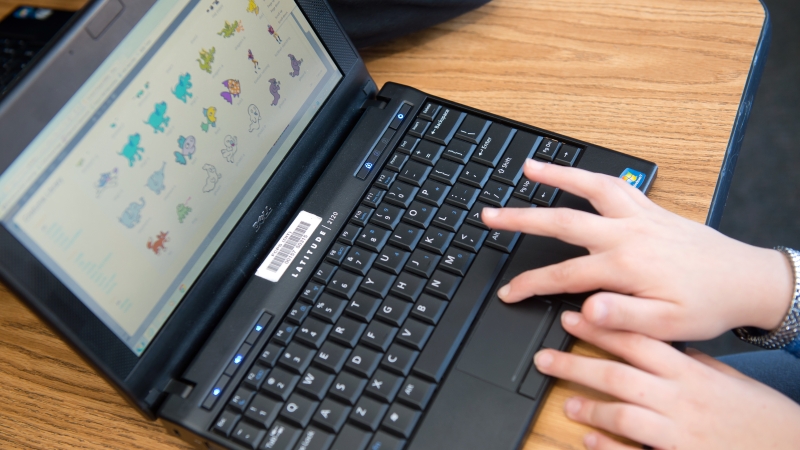
Digital Citizenship: Establishing Expectations at Home
A Four-Pronged Approach to Supporting Your Child’s Technology Use

Choosing Digital Apps, Games, and Services Wisely
What to consider when selecting apps, games, media, and online services for your children.

Media Balance and Well-being Toolkit
Digital wellbeing means maintaining a healthy and balanced relationship with technology.
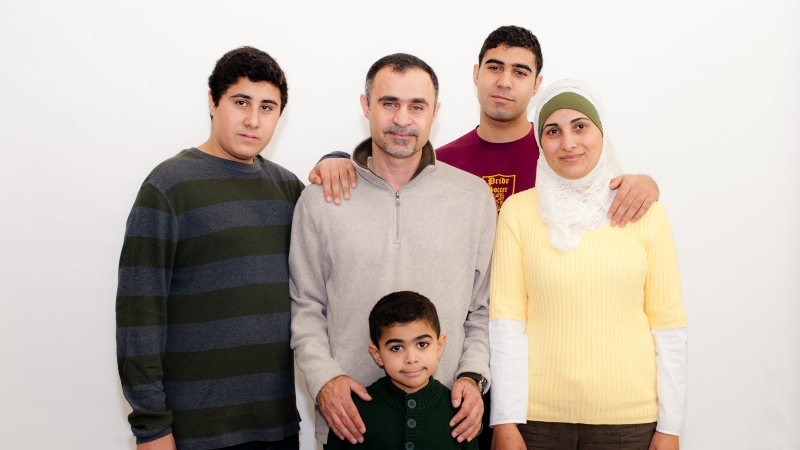
Digital Citizenship For Families with Teens (Online Course)
To help ensure that you and your child are on the same page with respect to device use and media consumption, FCPS is providing the following resources to support family conversations.
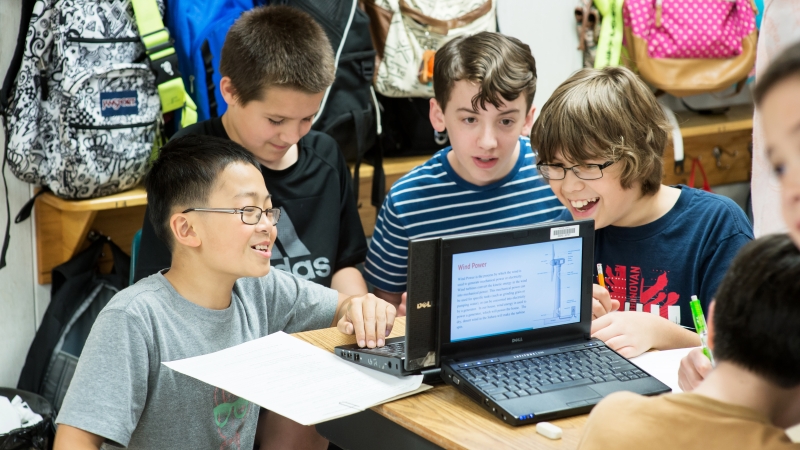
Digital Citizenship Student Curriculum
In FCPS we educate students to become digital citizens who are able to think critically about the opportunities and challenges of the digital world and use technology responsibly to learn, create, and participate.

Digital Citizenship: Videos and Tip Sheets
Watch these videos about digital citizenship and read some tips.
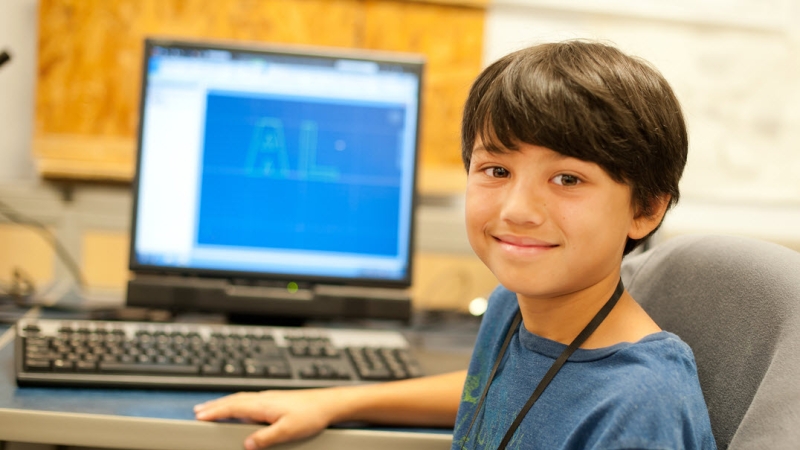
Internet Content Filtering
Highlighting the steps FCPS takes to satisfy the requirements of the Children's Internet Protection Act
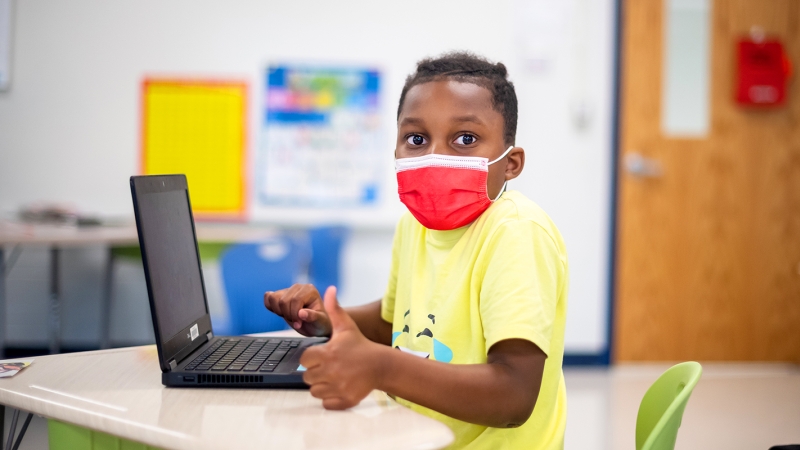
Digital Privacy in FCPS
Fairfax County Public Schools is committed to providing access to digital resources in a manner that respects and protects student privacy while maximizing learning opportunities for our students.
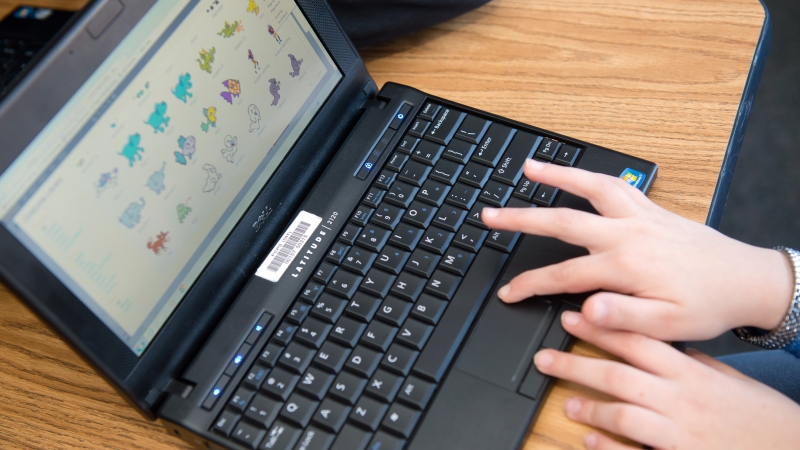
Digital Citizenship: Non-FCPS Resources
Need more information about Digital Citizenship? Try these resources.
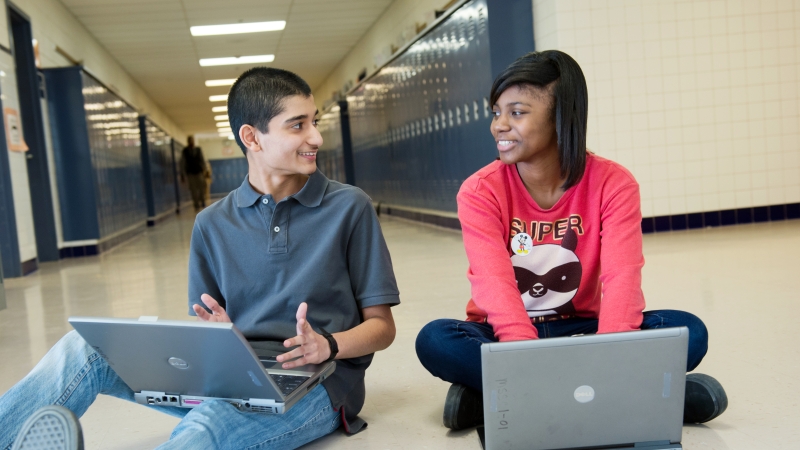
Digital Citizenship: Students
Digital citizenship resources for students
The Internet is a valuable learning, communication, and entertainment provider. A child’s Internet use should be based on age and the family’s needs and values.
- The Internet can help with research and homework.
- The Internet can facilitate easy communications with family members and friends.
- Although the Internet can be educational and entertaining, children should spend time offline.
- Appropriate Internet activities for children should be age related. Teenage activities may not be appropriate for a young child.
Parents must understand potential Internet dangers and prepare their children, just as they prepare them for going to the playground or crossing the street.
- The Internet contains inappropriate information for children, such as pornography, hate literature, aggressive advertising, and violent images.
- Internet communication often is anonymous, especially in chat rooms or blogs. A sexual predator may pose as a friend to lure a child away from his or her family’s protection. Cyberbullies may target a child for harassment.
- Using e-mail or downloading files can lead to viruses or hidden spyware, which endanger a family’s privacy and computer.
- Information provided over the Internet—by children and adults—can be used for identity theft.
Parents can provide the best protection for their children and help reinforce the principles learned in the classroom. Families should reach agreements about acceptable Internet activity and content.
- Parents should read about and know how to respond to Internet risks. They can stay informed by signing up for a family Internet safety newsletter and working directly with their school divisions.
- Parents should talk with their children about safe and appropriate Web sites and activities.
- Children should be encouraged to report anything they feel uneasy about. If parents overreact, children will be less likely to confide in them the next time.
- The family should create rules about what children can and cannot do while online. Posting the agreements near the computer will ensure children see them often.
Monitoring is crucial. Parents should know where their children go online, how long they stay there, and the warning signs that something is wrong.
- Parents should place computers in family areas as opposed to bedrooms; however, they need to realize that instant messaging devices, cell phones, and wireless computers may allow children to get online anywhere.
- When young children first begin going online, parents should work closely with them and talk about Internet safety at an early age.
- Parents should bookmark suitable sites and check back regularly to ensure that the content of those sites has not changed and that harmful sites have not been bookmarked.
- Filters are helpful but not fail proof. Parents need to know about circumventor sites, which allow users to get around filtering software controls.
- Parents should seek training to learn different methods of monitoring their children’s Internet use. They continually need to employ up-to-date techniques and software to track where their children go online.
- Parents should be aware that some sites have age restrictions that children may ignore or not realize.
- Parents should follow where their children go on the Internet just as they would watch them in a large public area. They need to check regularly the history and bookmarks or favorites on all computers in the house.
- Parents should recognize the warning signs of when a child might be in trouble, doing something they should not be doing, or spending too much time on the Internet. They should know how to report a problem to their Internet Service Provider and local law enforcement officials.
- Some Internet activities are not only dangerous but illegal. Parents should be aware of relevant laws.